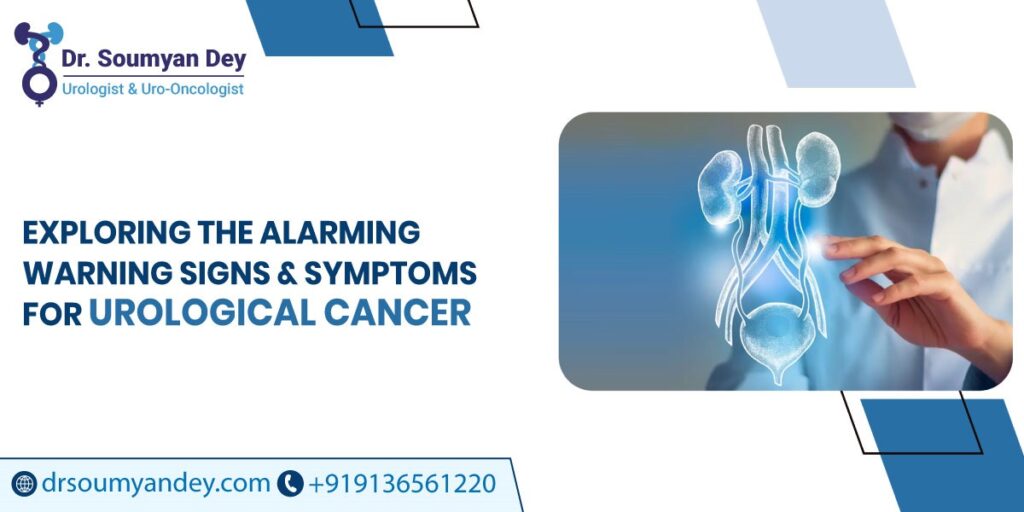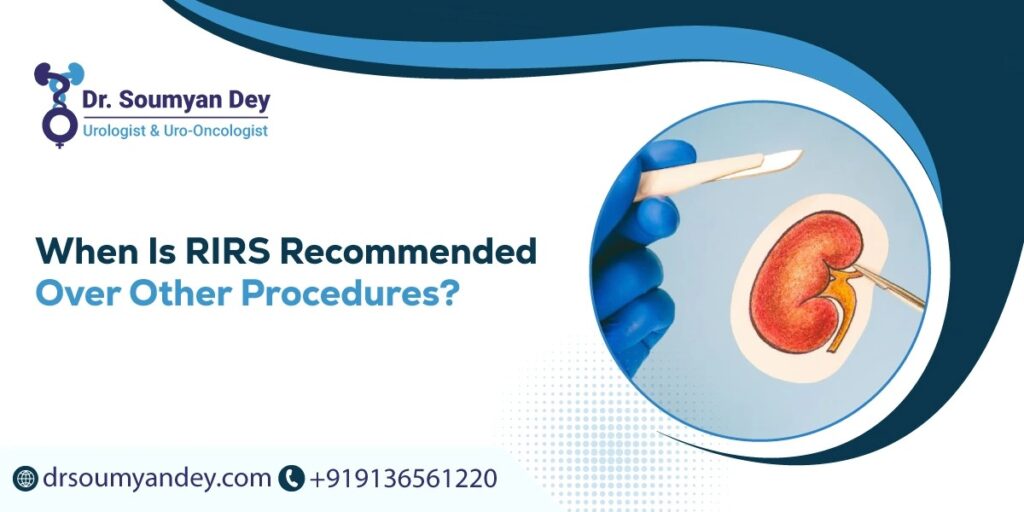
Bladder stones are hard deposits made up of the minerals found in your urine. They are more common in those above 50, although people of any age group can develop bladder stones. Your bladder is responsible for holding your urine, which contains many substances. These can, sometimes, stick together to form a mass (called a stone). In this post, we’ll take a look at the symptoms of urinary bladder stones and the signs you should see a uro-surgeon in Navi Mumbai for medical intervention. Let’s get started.
Common Symptoms of Urinary Bladder Stone
Urinary bladder stones may not cause any symptoms if they are extremely tiny in size. They may pass automatically through urination, and the patient might not know they’ve had them, but that happens very rarely. In most cases, the stones can cause a vast range of symptoms. Here are the most common ones:
a) Pain in the Lower Abdomen:
You might feel persistent pain in your lower abdomen, which can be dull or sharp. It can get intense when you urinate. The pain often occurs when the stone moves around inside the bladder.
b) Pain While Urinating and Changes in its Frequency:
People describe it as a sharp, burning sensation when they pee. This happens because the stones irritate your bladder\’s lining, making it difficult to empty. It may also cause an urge to urinate frequently, sometimes even right after you\’ve just used the bathroom.
c) Changes in Urine Color and Odor:
People with bladder stones report cloudy and dark-colored urine. The stones can irritate the bladder’s wall, which may lead to blood stains in the urine. This is called hematuria. If you notice pink or red urine coupled with other symptoms, it’s best to get evaluated by a urologist. Changes in the urine can also point to other health issues. It can simply be the food you’ve eaten or a more serious cause.
Less Common Symptoms of Urinary Bladder Stone
i) Changes in the Urination Flow:
Maintaining a proper urination flow can be challenging if you have bladder stones. As they move around, they might obstruct the urethra and then unblock it, which can suddenly start or abruptly stop urination.
ii) Incontinence:
In an advanced case where the stone has gotten bigger, it can cause urine leakage. The stone might press against the bladder lining and result in incontinence.
iii) Urinary Tract Infections:
If you experience frequent Urinary Tract Infections (UTIs), bladder stones might be a contributing factor. These stones create a viable environment for bacteria to grow and multiply, causing multiple episodes of UTIs. Symptoms include fever, chills, pain while urinating, and hematuria.
When to Seek Medical Attention
The symptoms of bladder stones are often confused with UTIs and other urinary issues. It’s important to see a urologist for bladder stone treatment in Navi Mumbai if the pain gets worse or the other symptoms persist. Get to the doctor immediately if you notice blood in the urine, cloudy urine, and fever. This could indicate an infection. Treatment options include cystolitholapaxy, a minimally invasive way to remove the stone by breaking it into small pieces, which are flushed out through special devices. Larger ones require surgical removal.


